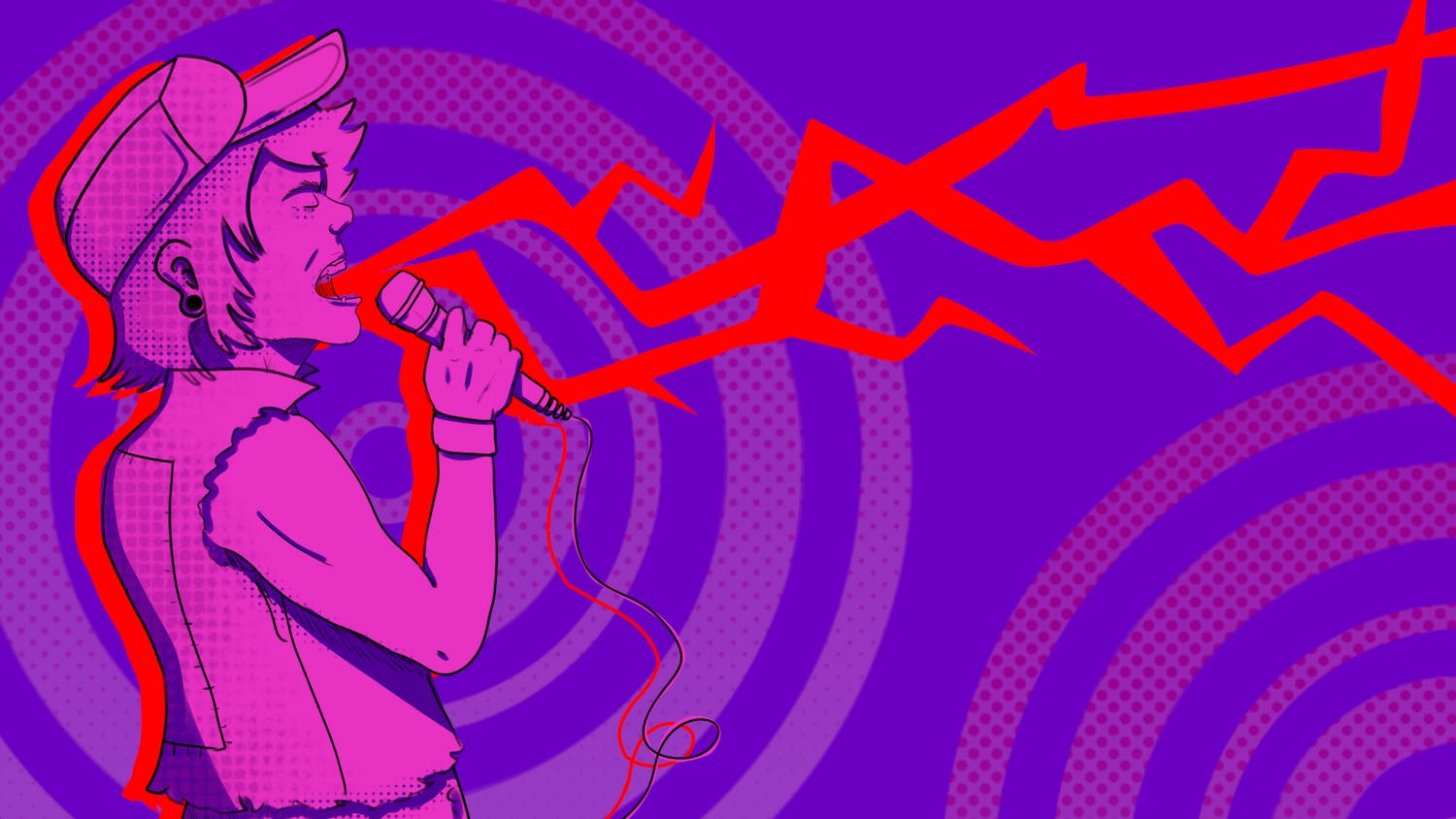As far as superheroes go, Pad Man may seem pretty boring. However, Arunachalam Muruganantham, an Indian social entrepreneur, may be responsible for saving the lives of many women in the Indian subcontinent by providing them with free pads.
While Muruganantham’s story is heartwarming, the taboo against menstruation is not just a problem in developing nations but also in the United States. Menstruation needs to become normalized worldwide, and the U.S. needs to get rid of the tampon tax, which forces women to pay over $20 million annually in sales tax on an inherently necessary product.
In India, menstruation is seen as a social taboo. 300 million women do not have access to sanitary menstrual products.
This “period poverty” can have detrimental effects for women’s health, ranging from urinary tract infections to severe illnesses and death.
Muruganantham’s non-profit, Jayaashree Industries, makes machines that create low-cost sanitary pads that NGOs and women’s organizations can distribute to at-risk communities.
Jayaashree Industries has had a tremendous impact on Indian women, and the plans to expand the business outside of India are currently underway.
Muruganantham should be applauded for addressing the taboo of menstruation in India. However, this situation is not unique to the developing world. The U.S. has a problem with menstruation, and it comes in the form of taxation.
In 2015, Rep. Carolyn Maloney, D-New York, told Rewire News, “American women spend well over $2 billion per year on feminine hygiene products."
However, many women in the U.S. do not have access to sanitary menstrual products. This especially harms homeless women and women in at-risk situations.
Many welfare programs such as Medicaid and WIC (Special Supplemental Nutrition Program for Women, Infants, and Children) do not allow for the purchase of menstrual products. Though pads and tampons are medical products, most welfare programs classify them as a luxury like cigarettes or alcohol, unduly preventing them from being purchased with federal assistance funds.
This problem is exacerbated for homeless or incarcerated women. Homeless women do not have easy access to menstrual products and often use whatever is on hand to prevent leakage.
Some incarcerated women are denied the rights to clean pads. The ACLU of California released a report in 2016 in which many incarcerated women said they did not have immediate access to menstrual supplies and that withholding menstrual supplies was used as a form of disciplinary punishment.
In 2015, the Correctional Association of New York found that 54 percent of women in their correctional facilities reported they were given insufficient supplies of pads each month and that the pads being given out were too thin and generally poor in quality.
Menstruation affects half of the people in this country. It is a problem that can typically be managed with access to clean menstrual products and sanitary measures.
By limiting women’s access to menstrual products, we put their lives on the line.
In order to protect women, action is required. Menstrual products should not be considered luxury items in welfare programs, and more collection drives should aim to collect pads and tampons for women’s shelters and jails.
Pad Man had a direct effect on millions of women by providing them basic health care. He saved their lives. Today, in the U.S., we need our own menstrual superhero.





